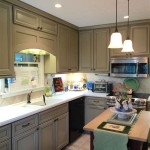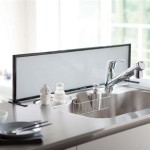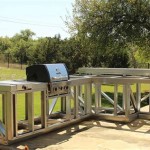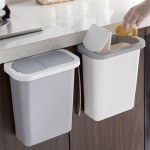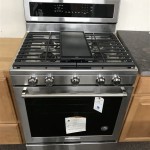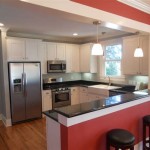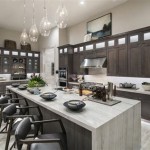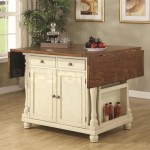Adding a backsplash to your kitchen can be a great way to create a unique, personalized look while also protecting the walls from splatters and spills. A kitchen backsplash panel can easily be installed to create a more aesthetically pleasing look that is also easier to keep clean.
Choosing a Panel Material
When it comes to choosing the best panel material for your kitchen backsplash, you have a few options. Natural stone, metal, and glass are all popular choices. Natural stone is a classic choice and is available in a variety of colors, textures, and sizes. It is also durable and easy to keep clean. Metal panels are a great choice for a contemporary look and are available in a variety of finishes, from brushed nickel to copper. Glass panels are a great choice for creating a modern look, and can be found in a variety of colors and textures.
Installing the Panels
Once you have chosen the material for your kitchen backsplash panels, you can begin the installation process. The first step is to measure the area you want to cover, and then purchase the appropriate number and size of panels. Before you start installing the panels, make sure you have all the necessary tools, such as a drill, screws, caulk, and a level. After the panels are in place, you may want to apply a sealant to help protect them from water and other stains.
Adding a Finishing Touch
Once the panel installation is complete, you can add a finishing touch to your kitchen backsplash with decorative items such as tiles, grout, or even a border. Tiles can be used to create a colorful, decorative look, and grout can help create a more unified look. Adding a border or trim to the edges of the panels can also help to create a cohesive look.
Maintaining Your Backsplash
Once your kitchen backsplash is installed, it is important to take care of it properly. Cleaning the panels regularly with a damp cloth can help to ensure they remain in good condition. If the panels become stained, you can use a mild cleaner to help remove the stains. You should also avoid using harsh chemicals or abrasive materials on the panels, as this can damage the material.















Related Posts

